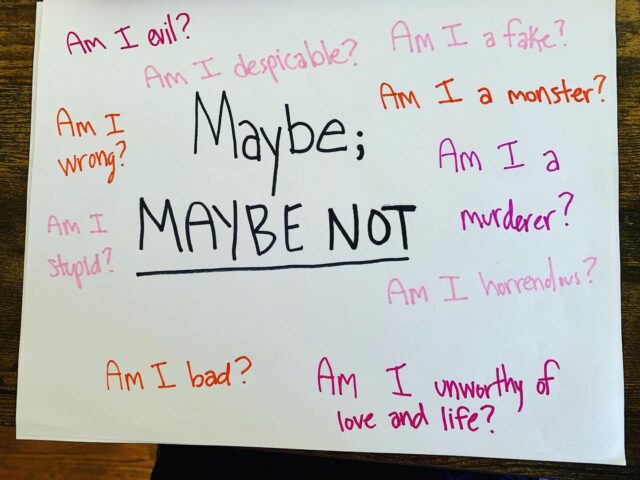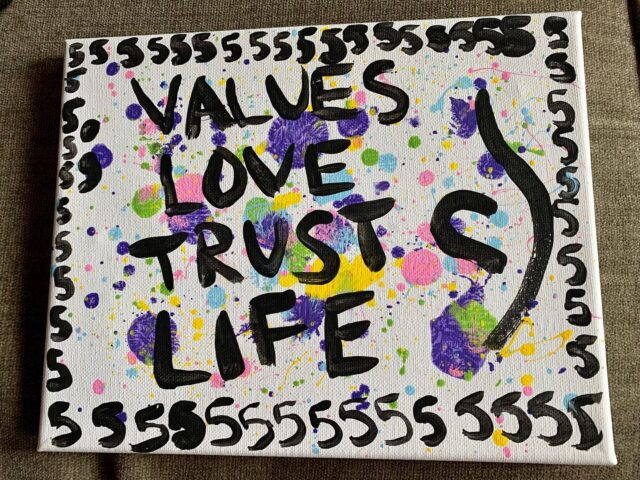"Evidence-Based Treatment for OCD and Anxiety Disorders"
Providing Specialized Treatment for Children, Teens and Adults in California
Cognitive-Behavioral Therapy (CBT)
Cognitive-Behavioral Therapy (CBT) is now considered the “gold standard” for treatment of OCD and Anxiety Disorders in children, adolescents, and adults. CBT is an effective, short-term therapy that is based on the latest scientific evidence.
Exposure Therapy is a type of CBT that asks people to gradually confront their fears. With repeated practice people learn that their fears are unlikely to come true and that have the ability to cope. Exposure and Response Prevention (ERP) for OCD teaches people to stand up to their OCD and confront their fears without using rituals, compulsions and avoidance.
Acceptance and Commitment Therapy (ACT)
ACT is a newer evidence-based treatment that is often used alongside CBT. ACT is used to help increase motivation, identify your values, get “distance” from thoughts, increase mindfulness, and go after what matters to you most (despite fear). ACT teaches you the strategies to stand up to OCD and live a full, meaningful life.
Dr. Jenks is dedicated to staying on top of the latest research and offering the most effective treatments available.
For Kids: Learn about OCD with “Jolly” and “Grumpy”
OCD and Anxiety Disorders
Anxiety Disorders are the most common mental health disorder among children, teens and adults. 1 in 8 kids and teens and 2 in 10 adults have an Anxiety Disorder. Anxiety disorders typically begin around age 11 but can affect anyone throughout their lifetime. Unfortunately most people with OCD and Anxiety Disorders receive ineffective and inappropriate treatment.
Anxiety Disorders include Panic Disorder, Agoraphobia, Social Anxiety Disorder, Generalized Anxiety Disorder, PTSD, Selective Mutism and Specific Phobias.
Obsessive Compulsive Disorder usually develops between the ages of 8-12 or in late teens to early adulthood. People with OCD have obsessions (repeated, intrusive, unwanted thoughts/images/urges) and compulsions (a physical behavior or mental ritual you feel you “must do” to prevent something bad from happening) that temporarily relieve distress and anxiety.
What you need to know about Anxiety Disorders
Anxiety disorders can lead people to avoid certain places, people, situations, memories, and thoughts and cause a great deal of distress. Avoidance helps reduce anxiety temporarily but in the long-run avoidance makes anxiety worse.
What you need to know about OCD
OCD is common. In fact, 1 out of 100 adults and 1 out of 200 children have OCD. A person can develop OCD at any time in their life- from preschool through adulthood. OCD often goes undiagnosed, untreated or inappropriately treated. Download the this information packet to learn what you need to know about OCD
What you need to know about Obsessive Compulsive Spectrum Disorders
Body Dysmorphic Disorder (BDD), Hair-Pulling (Trichotillomania), Skin-Picking, Emetophobia, Tourette’s, Avoidant Restrictive Eating Disorder (ARFID), Hoarding, and Olfactory Reference Syndrome (ORS) are disorders that commonly occur with OCD and/or share certain characteristics. Learn more about the “OCD Spectrum.”
OCD and Anxiety During COVID-19
Many people with OCD and anxiety are struggling to cope with COVID and sheltering in place. At the core of OCD and anxiety is an “intolerance of uncertainty.” The pandemic has drastically increased the number of unknowns that everyone now faces- Is this a symptom? What if I pass COVID on to someone? How many times a day should I wash my hands? For people with OCD and anxiety these uncertainties can bring on a whole new level of fear and apprehension.
Living with OCD and anxiety during a pandemic can be especially distressing and confusing. What are normal precautions and what might be a compulsion? It is especially difficult when you are isolated from friends and family, don’t have a good support system or don’t have access to an OCD or anxiety specialist.
CBT Therapy can teach you how to better tolerate uncertainty and how to live a full life despite the realities in the world right now.
Here is information provided by the International OCD Foundation on living with OCD and anxiety during a pandemic.








